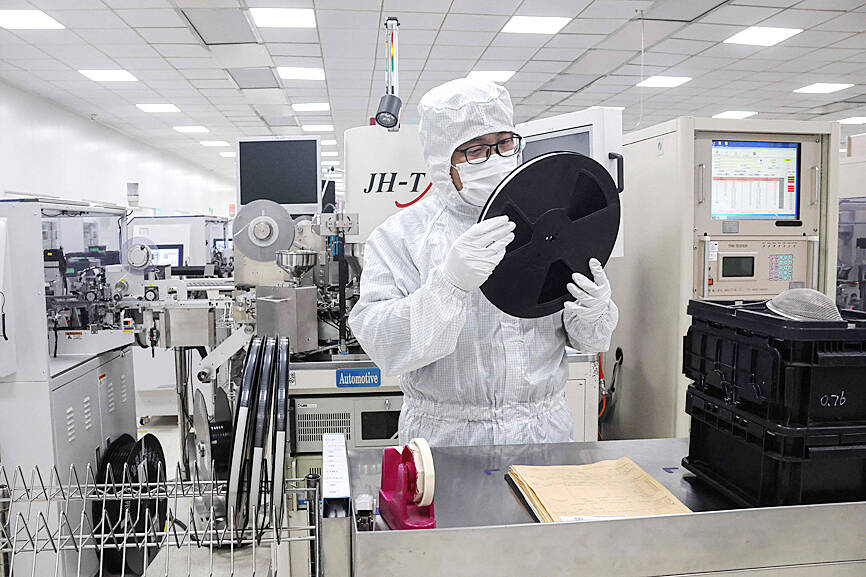Summary:
Startups are emerging to tackle harmful 'forever chemicals' in the semiconductor industry.
Global chip sales surged to US$628 billion, increasing urgency to address chemical pollution.
PFAS linked to serious health issues are found globally, prompting calls for action.
Oxyle AG uses innovative technology to reduce PFAS concentrations by over 99%.
Regulatory uncertainty remains a barrier to adopting new PFAS destruction technologies.
The battle for artificial intelligence supremacy is closely tied to microchips, but the semiconductor industry faces a significant challenge: it is a major contributor to the release of harmful chemicals known as 'forever chemicals'.
Global chip sales skyrocketed by over 19% last year, reaching approximately US$628 billion, with projections for continued double-digit growth. This surge intensifies the need to address the impact of these chemicals, which are also found in everyday items like firefighting foam, nonstick pans, and raincoats. Regulators in the US and Europe are starting to impose limits on pollution levels in municipal water supplies, adding urgency to the situation.
In response to this challenge, a new wave of startups is emerging, focusing on innovative solutions that aim to destroy rather than merely eliminate these harmful chemicals from the supply chain.
The Dangers of PFAS
Per and polyfluoroalkyl substances (PFAS) have been detected globally, from the Himalayas to the Faroe Islands, and are linked to serious health issues, including obesity, infertility, and cancer. Lee Bell, a technical and policy adviser for the International Pollutants Elimination Network, emphasizes the urgent need to prevent further industrial pollution and clean up existing contamination. Traditional methods like incineration do not effectively destroy these chemicals, prompting the search for new technologies.
Innovative Solutions
Among the companies leading the charge is Oxyle AG, based in Switzerland. Their modular system can treat various contaminated water sources by generating tiny bubbles that capture PFAS molecules, breaking them down into harmless minerals such as carbon dioxide and fluorides. Oxyle's technology can achieve a 99% elimination rate, significantly outperforming conventional filtration methods.
Despite regulatory advancements limiting PFAS in drinking water, many semiconductor plants still lack restrictions on PFAS in their wastewater. Testing has shown alarming levels of PFAS in wastewater from some US semiconductor plants, highlighting the need for better waste management strategies.
The Path Forward
Experts suggest that the semiconductor industry has the potential to lead in addressing PFAS pollution, given its controlled manufacturing environments. Companies like Gradiant Corp. are pioneering technologies that permanently remove and destroy PFAS, though regulatory uncertainty remains a significant barrier to widespread adoption.
While some sectors are moving away from PFAS towards safer alternatives, the semiconductor industry continues to rely on these chemicals due to a lack of proven substitutes. The industry association SEMI acknowledges the need for partnerships to research and develop effective solutions. As startups like Oxyle engage with the semiconductor market, the focus remains on enhancing waste management practices rather than outright bans on PFAS.








Comments